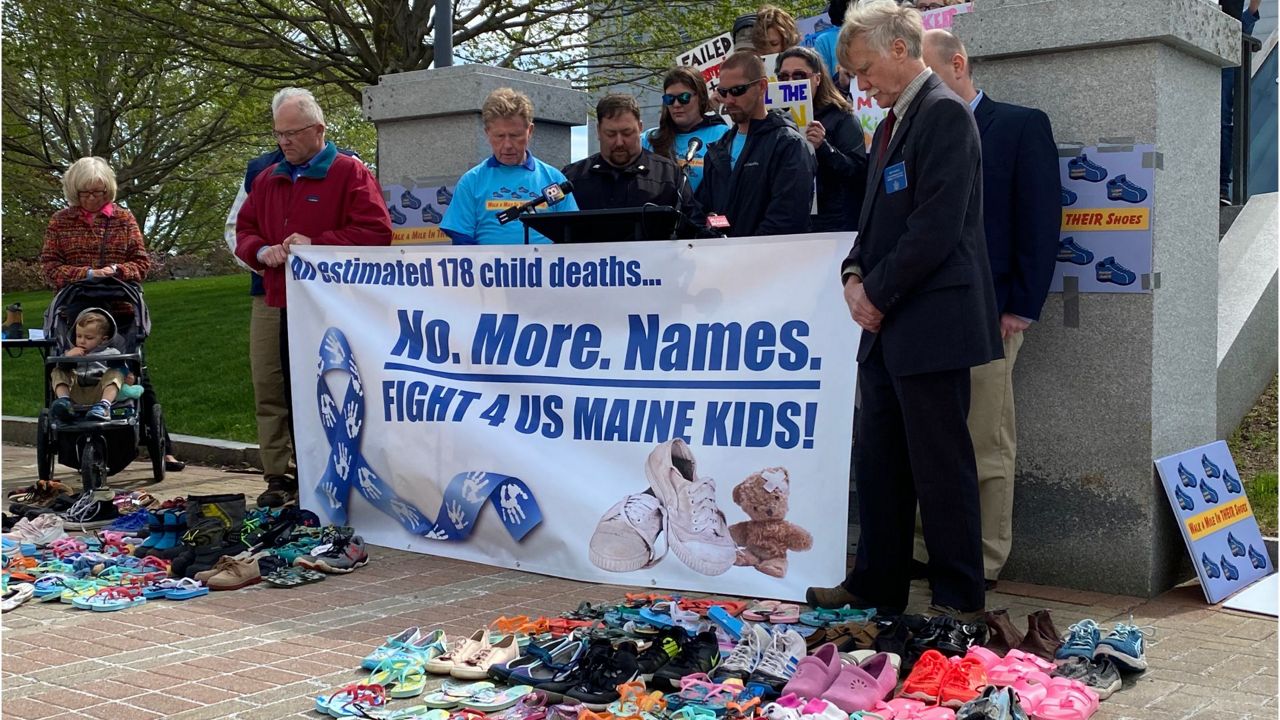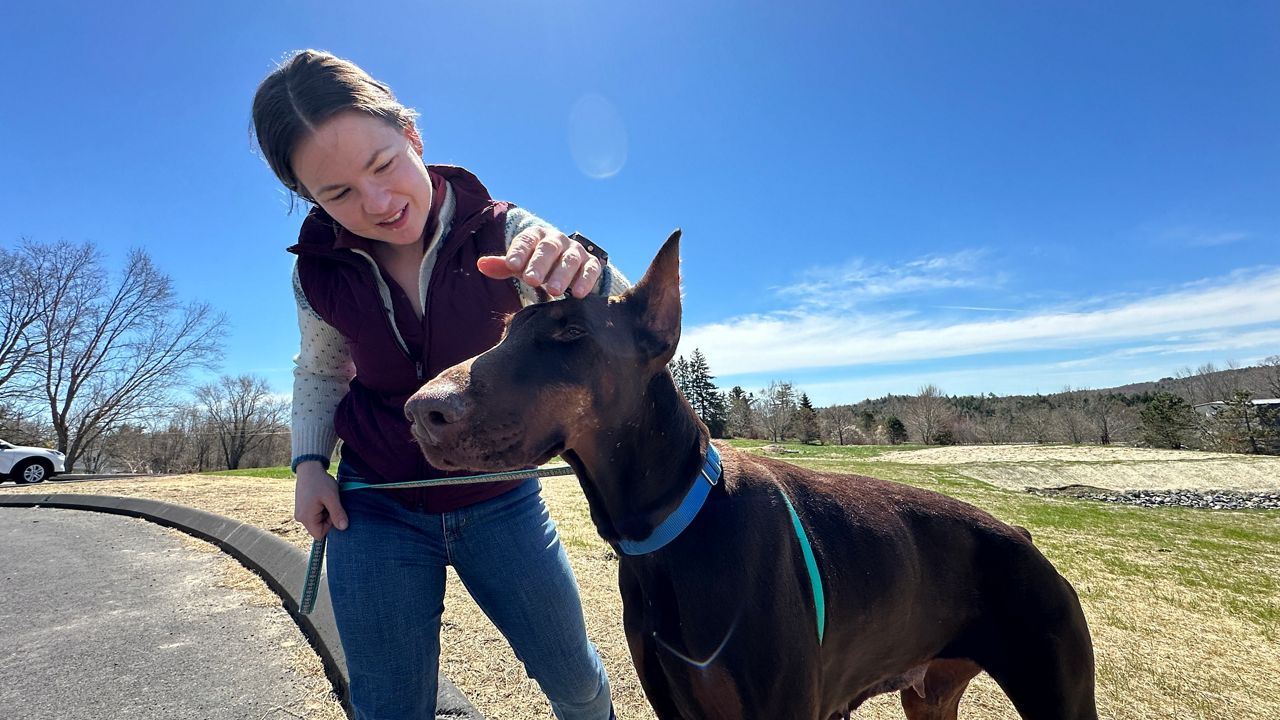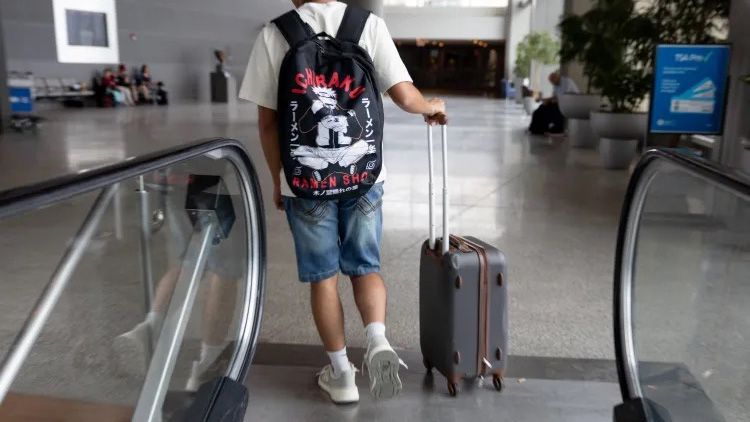A child welfare expert told lawmakers Friday that state caseworkers could have made better decisions to protect a boy who was killed by his mother in 2021.
Christine Alberi, Maine’s child welfare ombudsman, said she disagrees with the findings of a legislative watchdog that the Office of Child and Family Services made appropriate safety decisions prior to the death of Maddox Williams, 3.
Maddox died of blunt force trauma and his mother, Jessica Trefethen, of Stockton Springs, was sentenced to 47 years in prison in December after being found guilty of depraved indifference murder.
Alberi said caseworkers should have filed a court petition to terminate Trefethen’s parental rights following a nearly two-year period in which she had little contact with him and amid ongoing mental health problems.
“When in doubt, the (termination of parental rights) should be filed,” she told members of the Government Oversight Committee.
The review of the Maddox Williams case is the second of four in-depth investigations into child deaths that occurred in the summer of 2021.
In all four cases, the state had prior contact with the families through the child welfare system. Lawmakers asked for the information to find out whether there are systemic changes that need to be made to prevent future child deaths.
Peter Schleck, director of the state’s watchdog office, said last month that following review of 20,000 documents, his office concluded that “safety decisions regarding Maddox Williams were not unsound” given the information caseworkers had at the time.
He emphasized child welfare officials did not have reason to believe Trefethen posed a physical threat to Maddox or her other children.
“At no point in this case prior to Maddox’s death did any caseworker or OCFS official have information that was actionable that Ms. Trefethen was a physical threat, a violent threat, to her children,” he said.
Alberi said caseworkers failed to grasp the potential harm that Trefethen’s mental health problems could pose.
“In most cases, even in the best-case scenario, three months of cooperation and progress with significant mental health and substance use issues would not be enough to determine that the parents were able to provide the children with long term safety and stability,” she said.
In general, Alberi said a lack of staff, inexperienced caseworkers and the need for additional training are all issues that should be addressed to better ensure child safety.
The finding that caseworkers acted appropriately in the Maddox Williams case was similar to a February conclusion in the case of Hailey Goding, 3, who died after being exposed to her mother’s drugs.
In the coming months, lawmakers will get reports on the deaths of Jayden Harding, 6-weeks and Sylus Melvin, 1-month.
Last month, the Maine Department of Health and Human Services released a new child safety plan to try to improve the well-being of Maine families. It calls for the state to spend an additional $1 million on a public awareness campaign and funding for community groups.
Maddox Williams’ paternal grandmother, Victoria Vose, told the committee Friday that she warned caseworkers that she feared for Maddox’s safety.
“The DHHS system has been broken for decades,” she said as she questioned the validity of the report.
Former Maine lawmaker Bill Diamond, a Windham Democrat, said the state Office of Program Evaluation and Government Accountability, which wrote the report, soft-pedaled “poor decisions” by DHHS.
“The begging and pleading by the family members, who knew Jessica better than anyone including OCFS, were ignored,” he said. “For those who know what really happened leading up to Maddox’s tragic death, especially his family…this OPEGA report is seen as tragically flawed and very damaging because of its avoidance of declaring the need of accountability by DHHS.”








)



